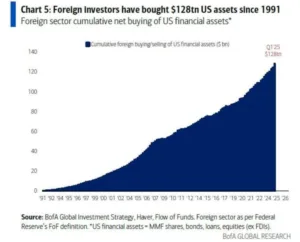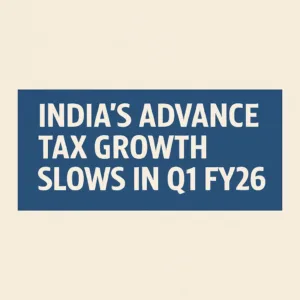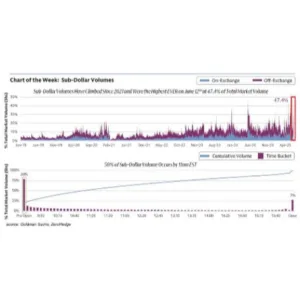
NielsenIQ reported a sequential slowdown in Indian consumer goods sector sales volume growth for Oct-Dec 2023.
Despite soft sales at local stores, rural areas bridged the gap with urban regions.
Sales volume increased by 6.4% in Q4 2023, down from 8.6% in the previous quarter, with smaller stores underperforming supermarkets.
Rural demand saw an uptick, narrowing the consumption gap between urban and rural markets for the first time in 2023.
Sales volume in rural areas grew by 5.8%, compared to 6.8% in urban regions, a shift from previous quarters.
“Habit-forming categories” like biscuits and noodles thrived in rural India as product prices declined by 0.4%.
Major packaged food manufacturers, including Marico and Britannia Industries, cut prices to compete.
Companies like Hindustan Unilever, Varun Beverages, Adani Wilmar, ITC reported mixed results for Q4.
Dabur India noted that growth in rural areas outpaced urban pockets.
In the December quarter, sales volume in rural areas rose by 5.8%, slightly lower than the 6.8% growth observed in urban regions, according to NielsenIQ. In the preceding three quarters, urban consumption had consistently outpaced rural, with the margin ranging from 3.8 to 6.2 percentage points.
NielsenIQ reported a 6.4% increase in sales volume for the sector in the fourth quarter of the calendar year 2023, indicating a slowdown compared to the 8.6% growth in the previous quarter. This deceleration was attributed to smaller stores, as their growth lagged behind that of large supermarkets.
NielsenIQ anticipates the consumer goods sector to grow 4.5% to 6.5% in 2024, benefiting companies with significant rural presence due to government measures.
Bringing you the latest updates on finance, economies, stocks, bonds, and more. Stay informed with timely insights.











Be First to Comment